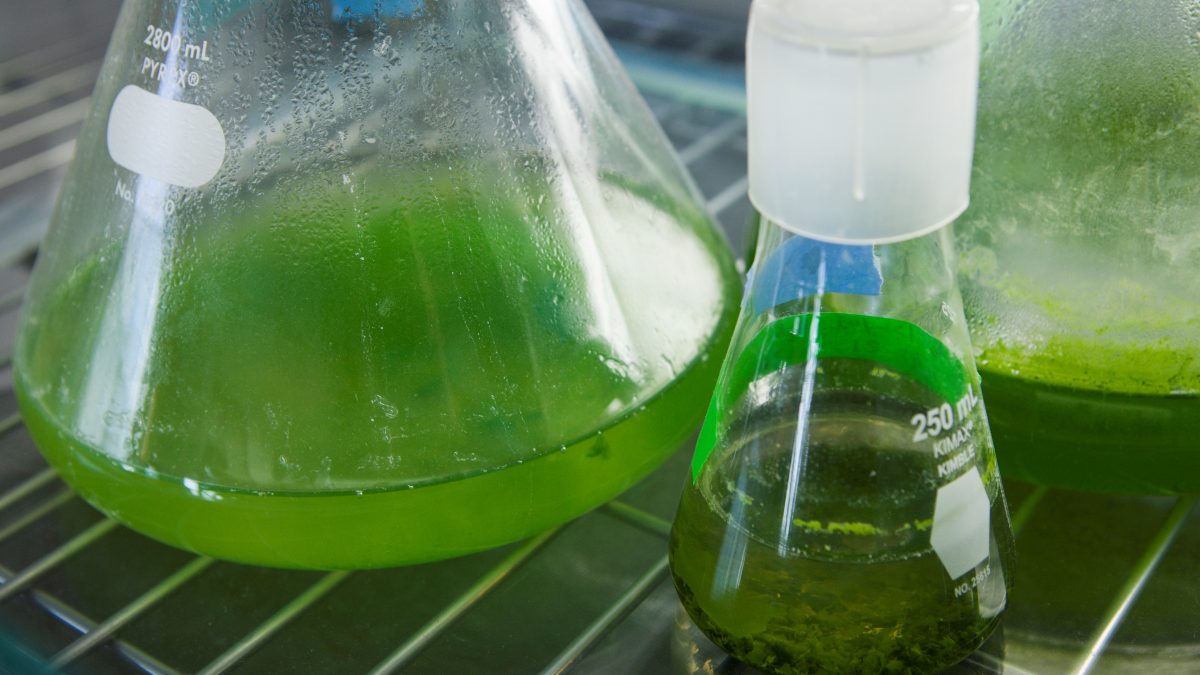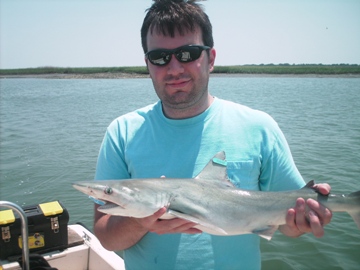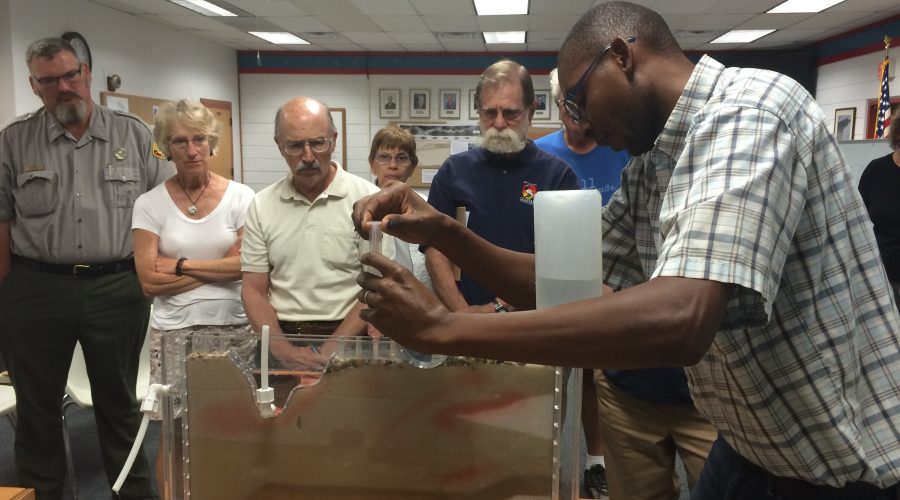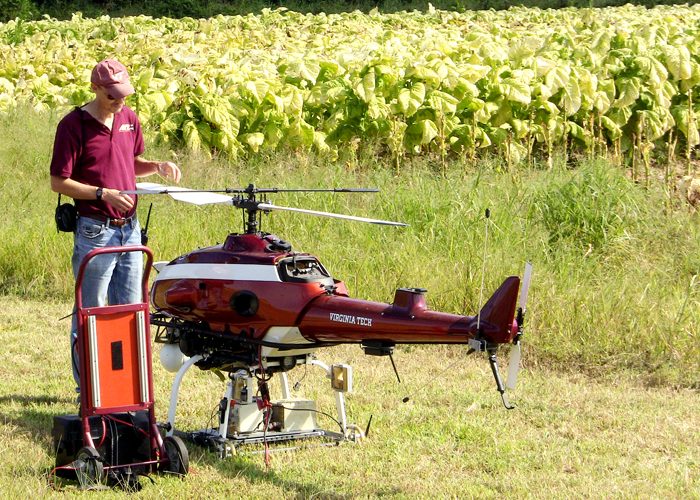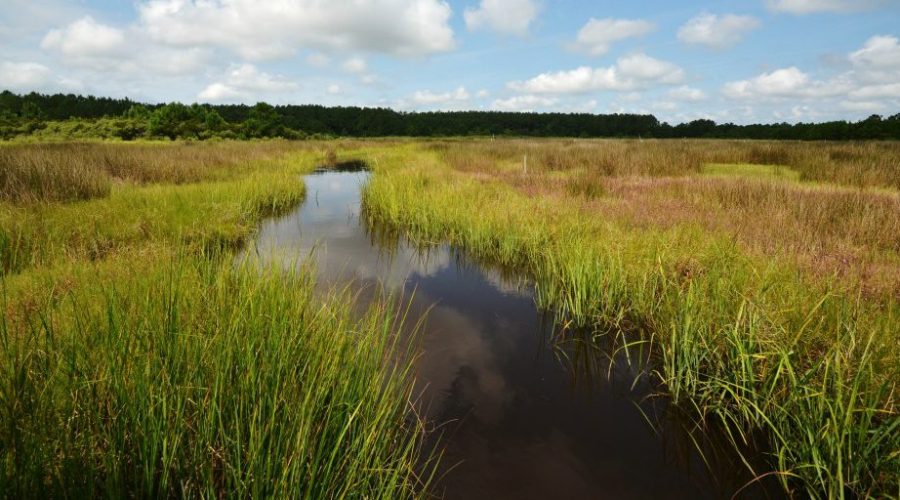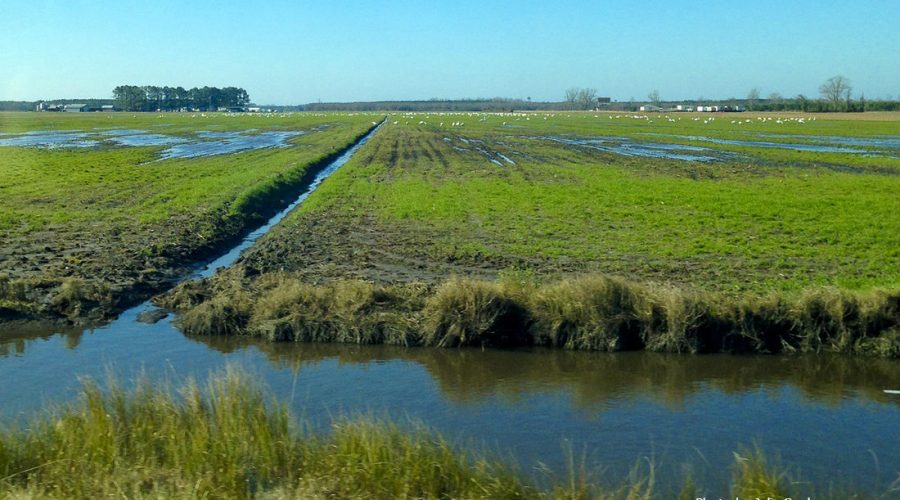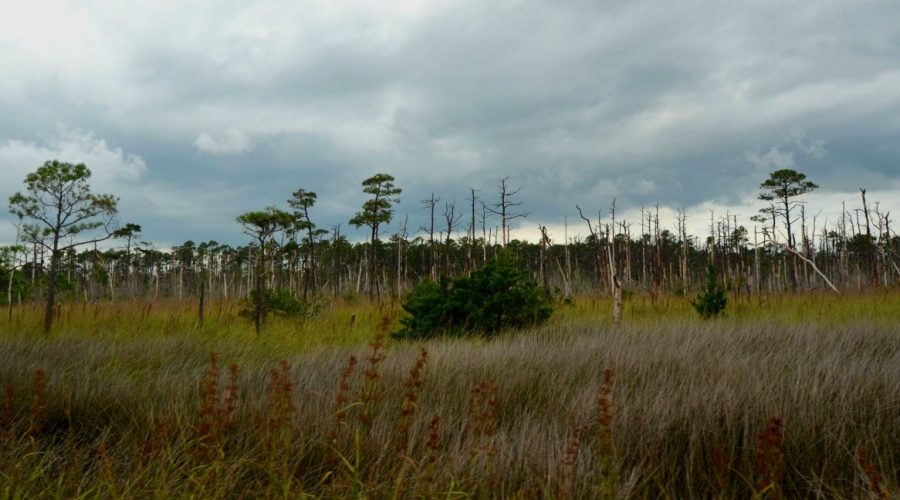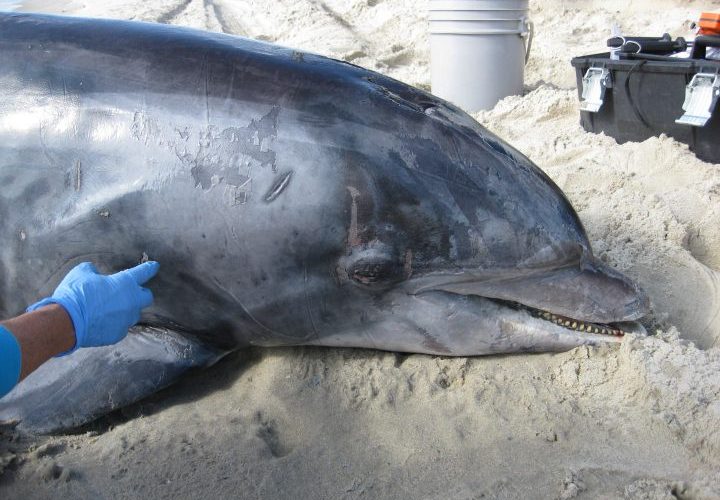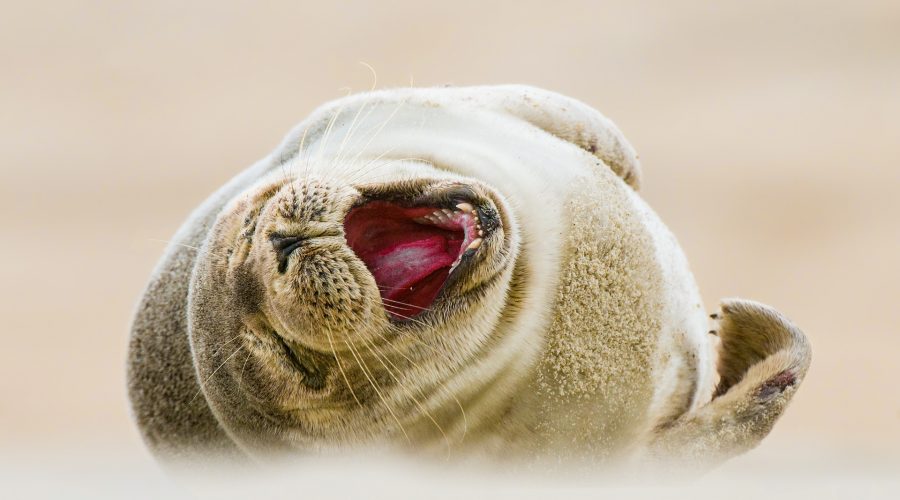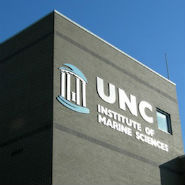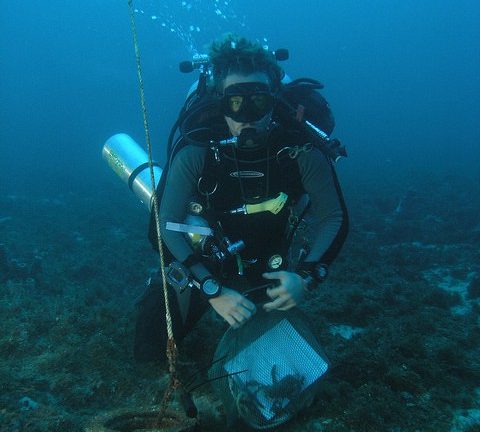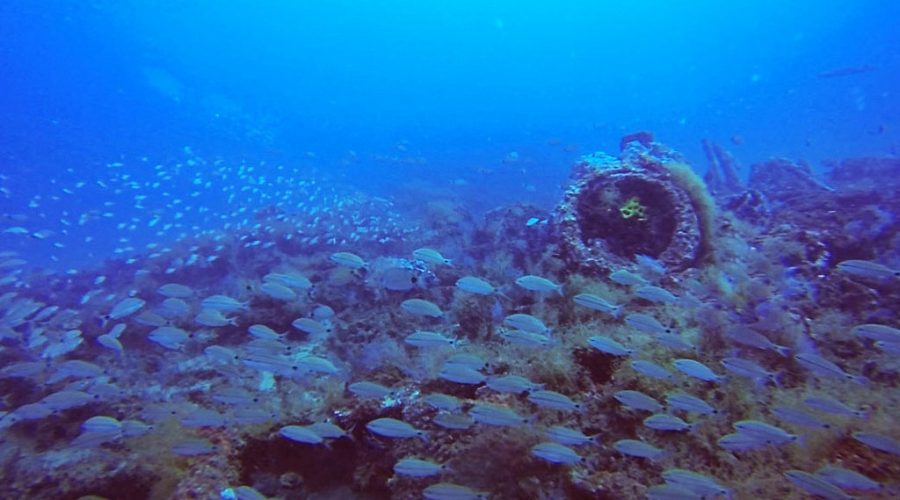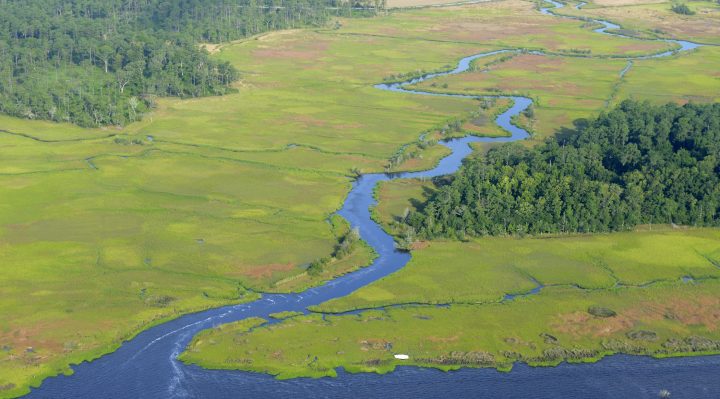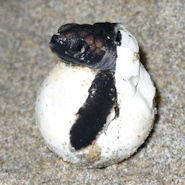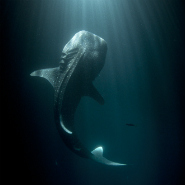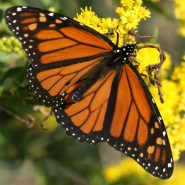The Duke University Marine Lab in Beaufort received a $5 million grant to lead the Marine Algae Industrialization Consortium, or MAGIC, to study algae as a source of biofuels and protein.
Science
Fish Respond to Warming Ocean
Researcher Chuck Bangley has evidence that North Carolina is seeing some of the biggest changes in fish behavior resulting from warming ocean temperatures.
‘Citizen Scientists’ Join Groundwater Study
Volunteer “citizen scientists” are helping in an ECU study to determine the relationship between sea-level rise and the groundwater table on Bogue Banks.
Research Efforts Take Flight with Drones
Unmanned aerial vehicles or drones offer area scientists new possibilities for research in otherwise hard-to-reach areas and difficult marine environments.
Saltwater Intrusion: The Parts You Can’t See
The quality of the water, the nutrients in the soil and the exchange of greenhouse gasses hang in the balance as saltwater moves farther inland than it ever has before. Five researchers are working to help people prepare for what’s ahead.
Study Looks to Locals on Saltwater Intrusion
Five researchers are investigating the future risks of saltwater intrusion on the Albemarle-Pamlico peninsula and how the area’s residents will play a role in conserving their natural resources.
Saltwater Intrusion Is Changing the Coast
Saltwater’s slow movement inland has accelerated in recent years. It kills trees, harms crops, destroys the very land itself. Its effects are particularly pronounced in the agricultural region between the Albemarle and Pamlico sounds.
What Causes Dolphin, Whale Strandings?
Experts debate what causes dolphins and whales to wash up on shores dead, like the three bottlenose dolphins that were stranded on Ocracoke Island during the winter of 2013-14.
Seals’ Appearance Is a Puzzle
A mix of seal species is appearing on N.C. beaches with more and more frequency, but no one knows why. Could it be a consequence of a changing climate? One Duke University scientist is determined to find out.
UNC Coastal Centers Under the Microscope
The nine coastal science centers in North Carolina university system are once again being evaluated for budget cuts or even consolidation.
Making the Unknown Known
To prepare for possible wind-energy development, researchers are mapping the seafloor off the N.C. coast, a vast uncharted territory.
The Tropical Reefs of North Carolina?
Prompted by the prospect of wind energy development off North Carolina’s coast, researchers are finding reefs with tropical fish and corals right off our coast.
Can the Cape Fear Take More Mercury?
A researcher says the lower Cape Fear River, already impaired by mercury, can’t safely absorb the additional amount that will be discharged by a proposed cement plant.
Can You Hear Me Now?
Experimental probes detect motion in sea turtle nests at Cape Hatteras National Seashore, giving park managers flexibility and the hatchlings a cell phone connection.
The State of the Sharks
Some say sharks are endangered, others that great whites are on the surge. We take you on a shark research ship to learn what’s happening to our coast’s top predators.
The Plight of the Monarchs
Soon the monarch butterflies will begin their fall migration along Eastern North Carolina. However, some experts say this keystone species is in serious trouble.

